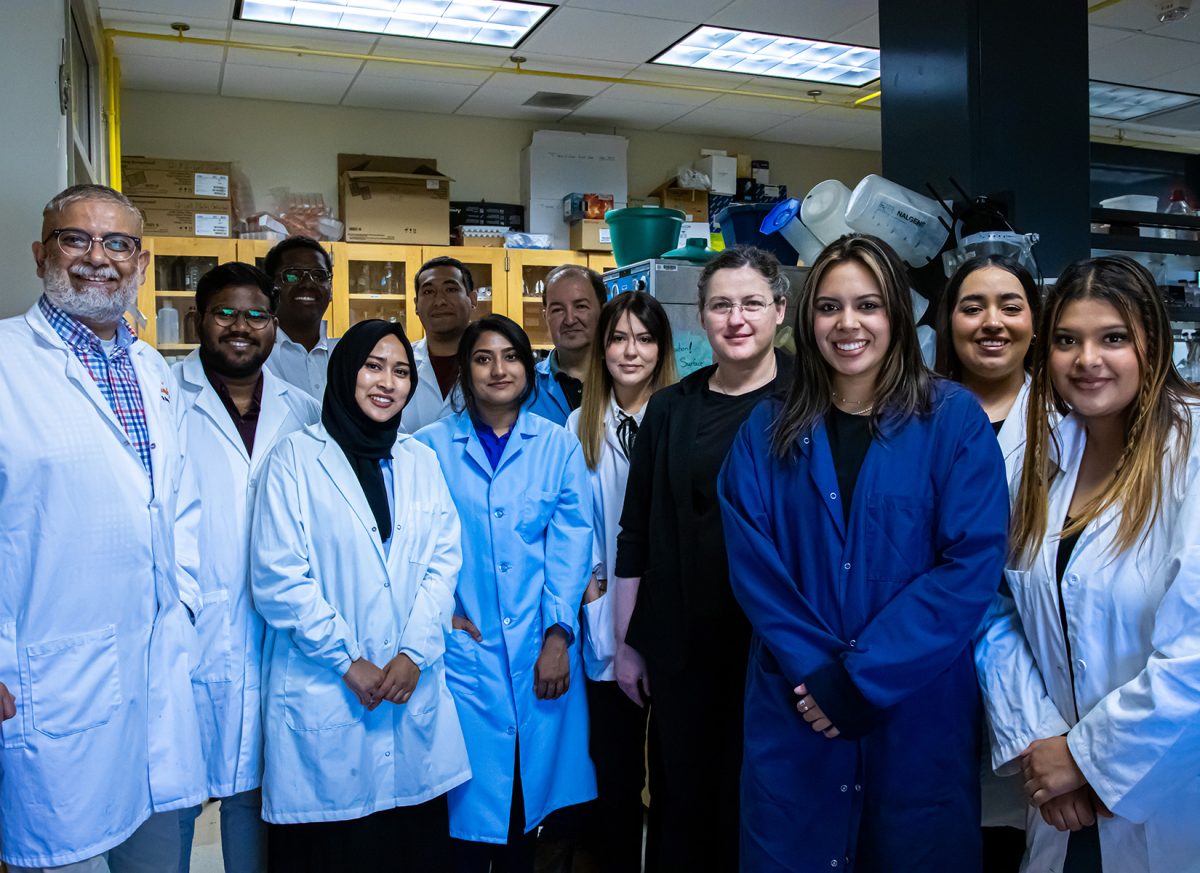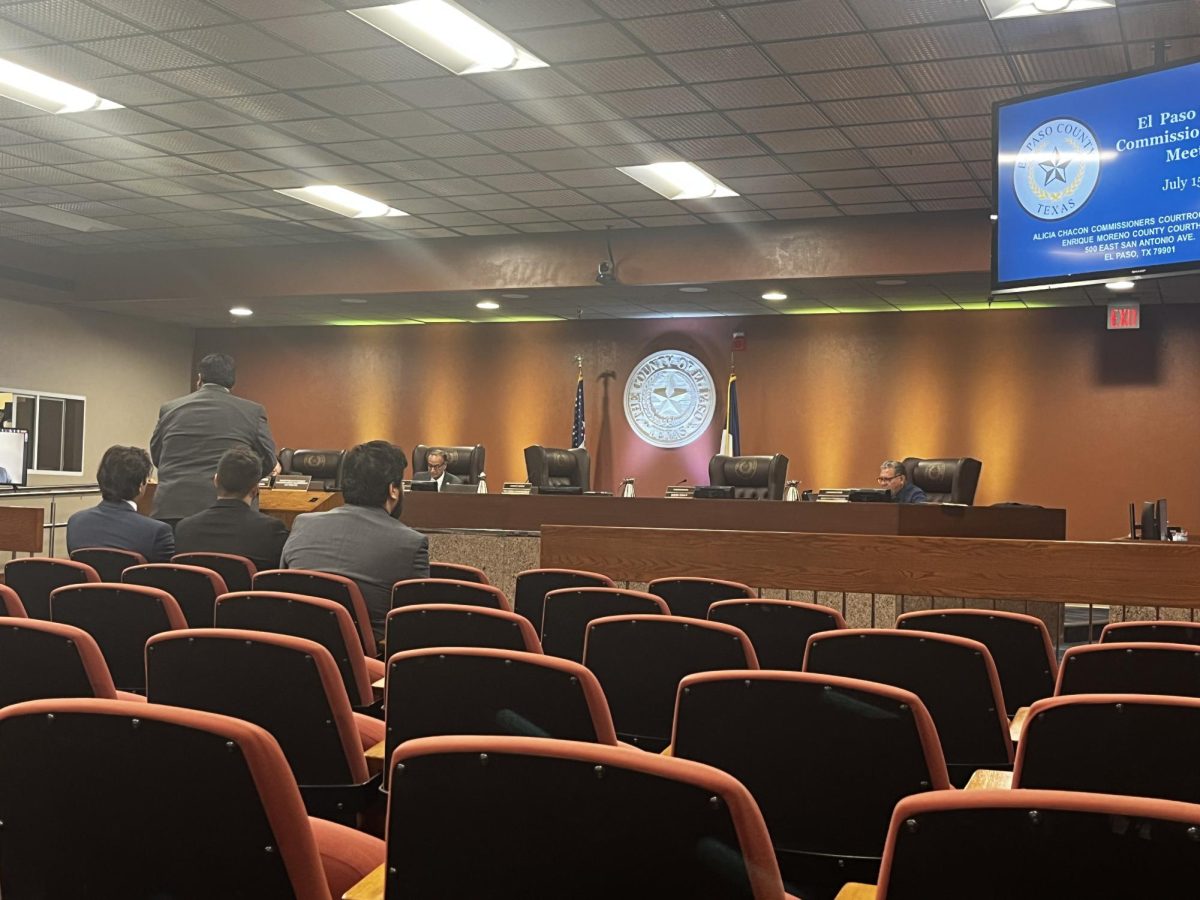With the state of the world’s environment becoming a bigger topic in modern politics, ways to make a positive impact on the globe are also being discussed. From recycling paper and plastic, there have been many ideas to reduce pollution or other negative impacts on the environment. One method becoming popular with brands and customers is organic fashion. Organic fashion is clothing made from natural organic materials without the use of chemicals. The use of organic fashion can lead to many benefits, from reducing humanity’s carbon footprint to making clothing better for people with sensitive skin. According to Aman Wraich, a doctorate student at UTEP’s Department of Earth, Environmental and Resource Sciences, the rise in organic fashion’s popularity seems to also have a rise in better things for the environment.
“In a recent BBC report, it was calculated that of approximately 100 billion items of clothing manufactured annually, upwards of 65 percent end up in a landfill,” Wraich said. “With the rise of more conscious consumers, and increased transparency in the supply chain, there does seem to be a rising inclination of manufacturers to move towards more recycled and biodegradable materials, along with more innovations in terms of development of biodegradable and plant-based plastics.”
From benefitting the planet to people, organic fashion poses more positives outside the state of the environment. People with skin conditions such as eczema and skin sensitivity are exposed to dangerous chemicals or materials in other clothing textures. With organic fashion, people with these conditions do not have to worry about exposure to things that can irritate their skin. Some clothing materials can carry pesticides and other harmful chemicals that can damage people’s skin, even for people without such conditions.
“Organic fashion is grown in healthier soil, and it is a much better quality for people who suffer from skin allergies,” said Nicole Gastelo, an El Pasoan who suffers from eczema. “It can help me to get rid of rashes and allergies, unlike non-organic clothes, which have chemicals like bleach, dyes, and scents or perfumes. Not only does organic fashion help people with skin conditions, but it can also save animals by not using their fur and it supports fairer working conditions for people.”
Shopping for organic clothing can also be healthy for businesses and workers. Many fast fashion companies have clothes made in poor countries, where working conditions are poorer, along with wages. When you are buying from sustainable brands, you are buying from a company that has clothes manufactured in a safe place with good working conditions.
Organic fashion is not only a good choice if you want to support a good company, but you can also be supporting ethical and cruelty-free companies.
Sustainable companies that produce these pieces of clothing are free of child labor, animal testing and other unethical practices many companies are infamous for.
Overall, buying organic clothing is a choice that can only be made by customers. The choice is not only to benefit the wellbeing of the planet, but to improve people’s health conditions and ethics or standards for companies around the world.
Elisha Nunez is a staff reporter and can be reached through [email protected]













